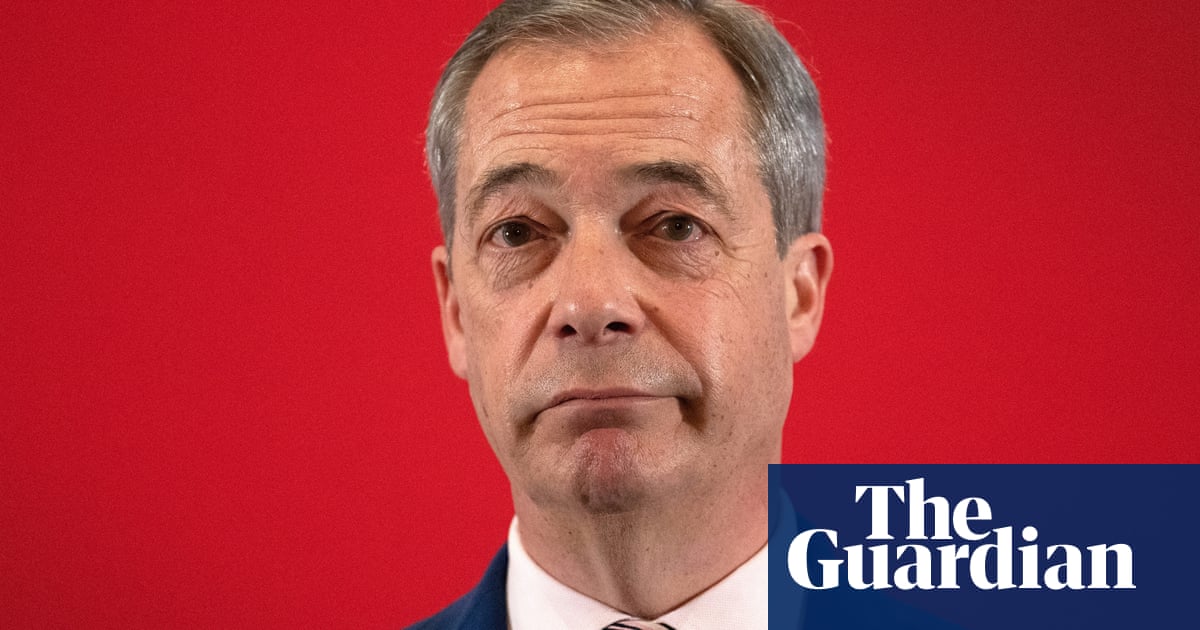
The UK supreme court has ruled that a Police Service of Northern Ireland (PSNI) decision in 2014 to discontinue an investigation into allegations that men were hooded and interrogated by the British army at the height of the Troubles was unlawful.
The ruling, described as a “landmark victory” by the solicitor representing 14 men at the centre of the case, is the second legacy case this week to expose shortcomings in the application of the due process of law since the Troubles ended.
The 14 hooded men were subjected to a series of controversial interrogation techniques when they were interned without trial by the British army in Northern Ireland in 1971.
The techniques included hooding and being put in stress positions, forced to listen to white noise and deprived of sleep, food and water, techniques associated with torture.
The PSNI took the case to the UK’s highest court having failed in Belfast’s court of appeal to overturn a high court ruling that found the police should revisit its 2014 decision to end its investigation into the treatment of the men.
Delivering his judgment on Wednesday, Lord Hodge referred to a 2014 RTÉ documentary about the hooded men case that referred to a British government memorandum, known as the “Rees Memo”, which “referred to the use of torture and to its approval by UK ministers”.
Following the broadcast, the PSNI considered whether there was sufficient evidence to warrant a new investigation, but concluded that there was not.
Hodge said: “The court finds that the PSNI’s decision taken on 17 October 2014 not to investigate further the allegation in the Rees Memo was based on a seriously flawed report, was therefore irrational, and falls to be quashed.”
The case will add to the mounting pressure within Northern Ireland on the UK government to abandon plans to introduce laws to end all prosecutions relating to shootings and other allegations of criminal activity by soldiers during the Troubles.
Jonathan Roberts, a PSNI assistant chief constable, said the force welcomed “the clarity” the case had brought “to some complex legal issues”.
He added: “We recognise the difficult realities that victims, families, friends and broader society continue to deal with as a result of our troubled past.
“We will now take time to study today’s judgment around these complex legacy issues in detail and we will carefully consider its implications for future legacy investigations.
“If we are to build a safe, confident and peaceful society, then we must find a way of dealing with our past and we are committed to playing our part in that process.”
Darragh Mackin, representing most of the 14 men, said: “Today’s decision is a landmark victory for the hooded men. Since 2014 they have actively contested the decision by the PSNI not to investigate the allegations of torture.
“It was always clear that the initial investigation by the PSNI was nothing more than a window-dressing exercise.”
On Monday, the Ministry of Defence and PSNI agreed to a £1.5m out-of-court settlement to compensate victims of the so-called Miami showband massacre over suspected state collusion with loyalist terrorists.
Three members of the band died after they were forced to get out of their bus at a fake checkpoint on their return to Dublin from Northern Ireland.
Stephen Travers, who was injured in the attack, said claims that their case and those of other victims and their families were vexatious were “lies”.
He said he was convinced he would have won his civil action to prove that there was collaboration between the state and terrorists but that the government’s decision to “dispense with justice rather than to dispense justice” had motivated the settlement.












